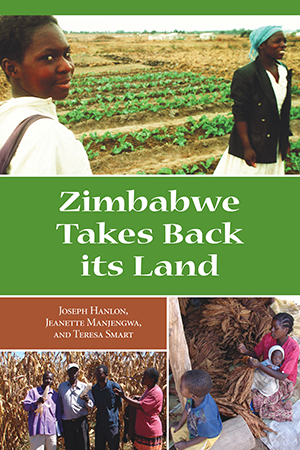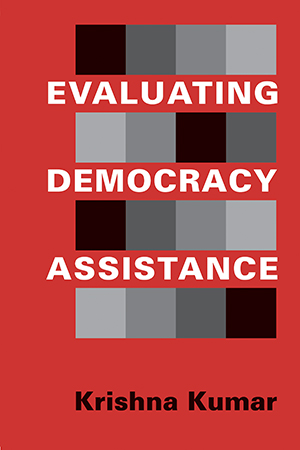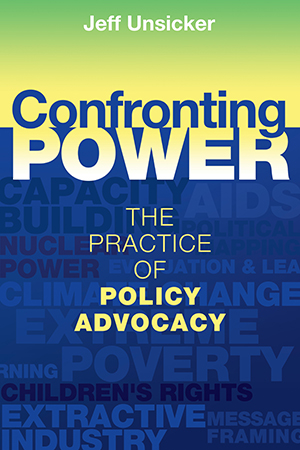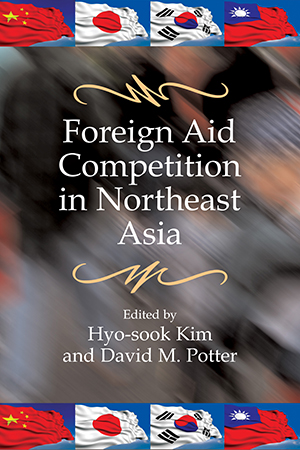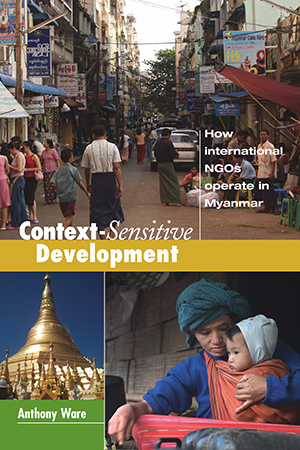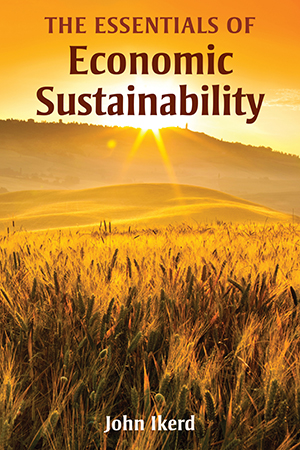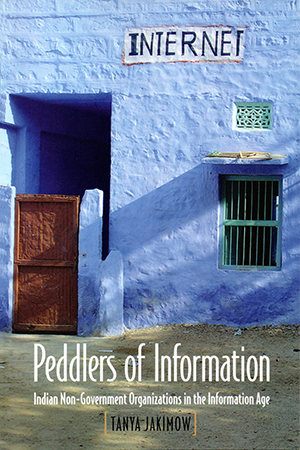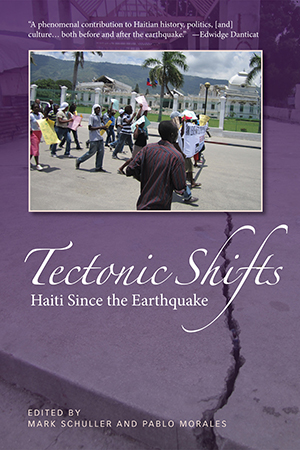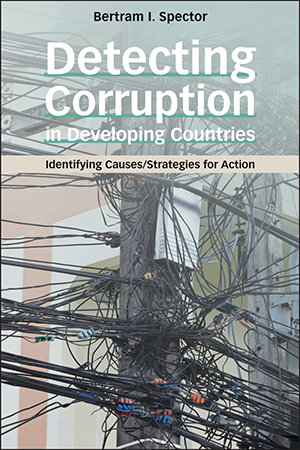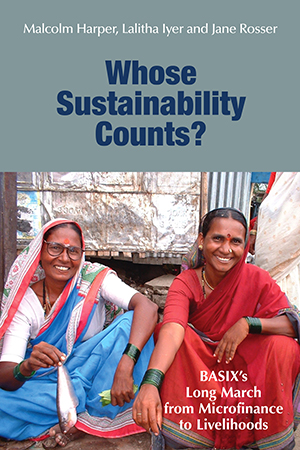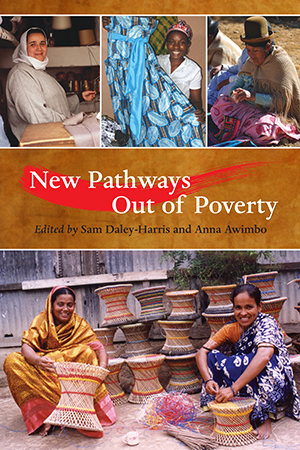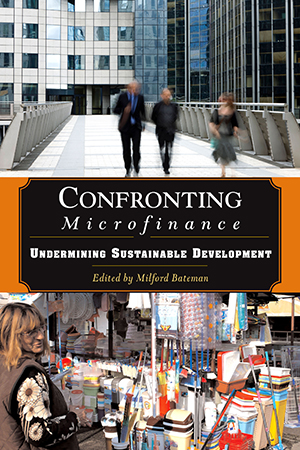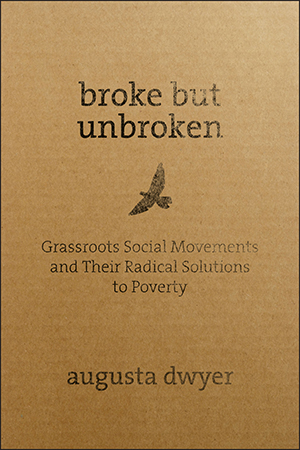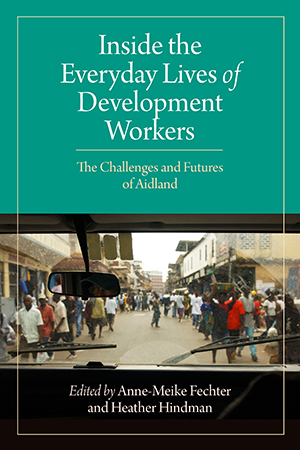Development Studies
Countering the dominant media narratives of economic stagnation, Zimbabwe Takes Back Its Land offers a more positive and nuanced assessment of the results of the contentious land reforms More >
With the international community providing billions of dollars each year to promote democratic institutions/cultures in transitional and developing countries, rigorous evaluations have More >
A grassroots citizens' group in Peru stops a multinational firm from digging a mine in the middle of town. The research director of a think tank in Ghana helps convince the More >
In recent years, China, Taiwan, South Korea, and Japan have been transformed from aid recipients to aid donors, raising a number of questions. What motivated these four countries to embark More >
Focusing on Myanmar, with its perfect storm of extreme poverty, international sanctions, and egregious political repression, Anthony Ware shows how context sensitivity can help development More >
It is estimated that there are some 140 million orphans worldwide, most of them in transition countries such as Russia and Brazil or poorer regions of the developing world. In Orphan Care, More >
Though much has been written about the negative impacts of economic development on natural ecosystems and civil societies, few viable alternatives to the prevailing economic paradigms have More >
Information and communication technologies (ICTs) are widely heralded as an opportunity for the poor to have greater access to information that can help them escape poverty, as well as an More >
Tectonic Shifts offers compelling on-the-ground perspectives on the aftermath of Haiti's cataclysmic earthquake. Following a critical analysis of the country's heightened More >
Excessive government discretion, greed, and the abuse of power for private gain are widespread phenomena in developing countries, denying citizens the critical services that they are More >
Malcolm Harper cuts through the cynicism and disillusionment about microfinance with his account of BASIX—one of the largest microfinance firms in India—to show how the More >
New Pathways Out of Poverty explores the current state of the microfinance industry and highlights some of the field's major challenges and achievements. The authors examine innovations More >
Despite the popularity of microfinance as a tool for economic development, there has been little analysis of its foundations or its real effectiveness in fighting poverty. Attempting to fill More >
Arguing that poverty reduction as envisioned by Western governments and aid agencies is little more than a perpetuation of colonial attitudes, Augusta Dwyer explores the extraordinary More >
Rarely is the lens of aid policy turned on the lives of aid workers themselves. Yet, the seemingly impersonal network of agencies and donors that formulate and implement policy are composed More >



